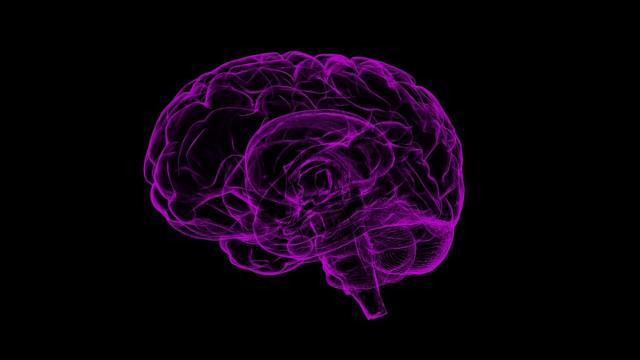One of fiction’s most commonly used plot devices – a knock on the head used to render someone momentarily unconscious – is a lot more harmful in the real world. A new study published this week in The Lancet Psychiatry reaffirms that traumatic brain injuries (TBIs), even those that are relatively mild, are linked to a higher risk of dementia in our later years.
The researchers obtained and studied the medical records of 2.5 million Danish-born residents living in the country in 1995. (Unlike many countries, including the US, the medical histories of residents of Scandinavian countries like Denmark are easily tracked through various nationwide registries). They then looked ahead in time to see how many of the Danes over the age of 50 would go on to be diagnosed with dementia at some point between 1999 to 2013.
Overall, only 4.5 per cent of the people over 50 had developed dementia by 2013. But those who visited a hospital sometime between 1977 and 2013 due to a traumatic brain injury were noticeably more likely to be diagnosed with cognitive impairment.
People who had TBIs were collectively 24 per cent more likely to develop dementia, after accounting for other risk factors like age, and 16 per cent more likely to develop Alzheimer’s disease in particular. Those who had a TBI rated as severe were 35 per cent more likely to have dementia, while those with a mild TBI – what we typically think of as a concussion — were 17 per cent more likely.
The more TBIs someone had, the more at risk they were at as well. People with two and three TBIs had a 33 per cent higher risk; those with four TBIs had a 61 per cent higher risk; and those with five or more TBIs were nearly three times as likely to develop dementia than people who had no history of TBI.
“What surprised us was that even a single mild TBI was associated with a significantly higher risk of dementia,” said lead author Jesse Fann, a professor of psychiatry and behavioural sciences at the University of Washington School of Medicine, in a statement. “And the relationship between the number of traumatic brain injuries and risk of dementia was very clear… Similarly, a single severe brain injury seems to have twice the risk associated with dementia as a single mild traumatic brain injury.”
The study is far from the first to suggest that concussions (particularly those suffered while playing professional sports) can increase the risk of dementia, though other recent studies have come away with contradictory results. But the authors say theirs is one of the first to look at one large group of people over decades. A study of 3.3 million people in Sweden published this January found a similar pattern.
The findings are worrying for both the young and old. They found that a person’s risk of dementia was highest in the six months after a TBI – a finding that mirrors other research showing that TBIs among older people especially increased their dementia risk. But they also found people in their 20s when they received a TBI were around 60 per cent more likely to have dementia by their 50s than their peers with no history of TBIs.
Though the authors caution that the overall risk of dementia remains low for most anyone, even if they have a history of TBIs, they say their findings and others warrant that people take head injuries more seriously.
“If someone has a traumatic brain injury or concussion, they need to strictly follow the protocols to leave the game and get the proper assessment and treatment that is necessary,” Fann said. “If they have a history of traumatic brain injury, they should do their best to prevent further traumatic brain injuries.”
It’s estimated that 2.3 million people in the US visited an emergency room for a TBI in 2013, while over 300,000 children reported sports-related head injuries in 2012.
